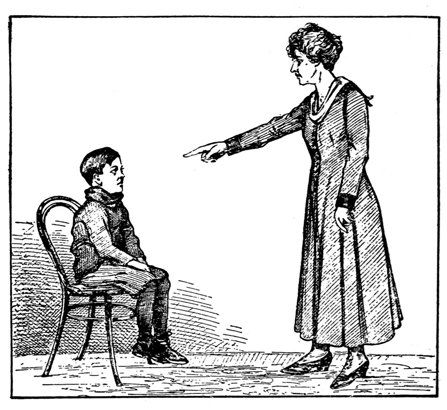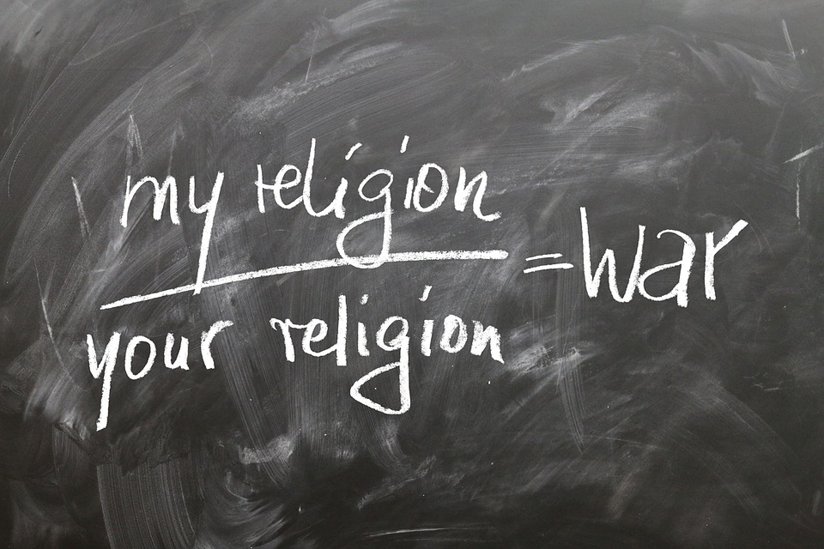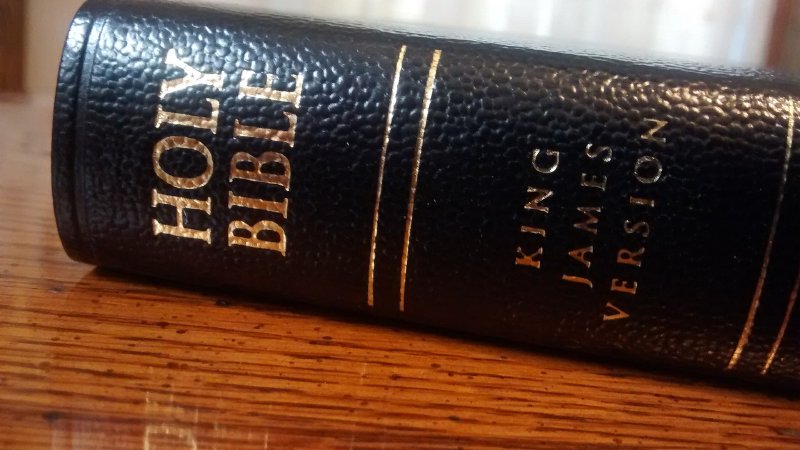
-
HOME
-
WHAT IS STANDOur Mission Our Values Our Help Contact
-
WHAT WE FIGHT FORReligious Freedom Religious Literacy Equality & Human Rights Inclusion & Respect Free Speech Responsible Journalism Corporate Accountability
-
RESOURCESExpert Studies Landmark Decisions White Papers FAQs David Miscavige Religious Freedom Resource Center Freedom of Religion & Human Rights Topic Index Priest-Penitent Privilege Islamophobia
-
HATE MONITORBiased Media Propagandists Hatemongers False Experts Hate Monitor Blog
-
NEWSROOMNews Media Watch Videos Blog
-
TAKE ACTIONCombat Hate & Discrimination Champion Freedom of Religion Demand Accountability
Who You Callin’ a Spigot?
Of all the things the world needs right now, another label is probably not it. Yet, there is a term missing from our language that would be useful.

We currently have the noun “bigot,” meaning a person who is utterly intolerant of any differing creed, belief or opinion. “Bigot” originally referred to “religious hypocrites.” However, a distinction is needed today because, generally speaking, “bigot” is used to refer mainly to someone intolerant towards the race, physical appearance or sexual orientation of others. Today the dictionary gives us as synonyms: “chauvinist,” “racist,” “sexist,” and “homophobe,” omitting religious prejudice.
I propose a word that would serve to make a distinction between common, garden-variety bigots and those who are prejudiced towards spiritual practices. How about “spigot?” A “spigot” would describe a person intolerant of the spiritual beliefs (or lack of beliefs) of another or others. It’s a handy word, since it is familiar, and because it already describes a source that is not necessarily trustworthy. (We don’t accept just anything coming out of a spigot.)

“Spigot” currently has a pejorative connotation; one could never read “the distinguished guests were served champagne from a spigot,” without some slight vibration of irony. It also relates well to the subject as a purveyor of hot air, as a spigot is defined as “a valve that controls the release of a liquid OR a gas.” So it represents from the outset—this word that I submit to you—a gentle disapproval of someone from which issues something ungracious or possibly dangerous, having to do with matters of the spirit.
“Spigot” is also a cute word, useful as a term of disparagement. Whereas “bigot” is an unmitigated insult, the kind one wouldn’t use willy-nilly at a family gathering, “spigot” carries just enough whimsy to put it into the category of names like “butthead” or “ninny,” which, rather than utterly condemning, infer that one should simply know better.
Religious prejudice is not pretty. When ignorance and intolerance towards members of a particular religion are allowed to grow, there goes any decent civilization.

Examples: “Daddy, don’t be such a spigot! You know Trevor doesn’t share your views—he’s an atheist, for God’s sake!” “The spray-painting of swastikas on synagogues should be condemned as the serious hate crime it is, not simply an expression of some disgruntled spigot.” “Her attitude towards her former religion had previously been charitable, but recent spewings to the press about the church reveal her to be a disreputable spigot.”
One can read these sentences and, even if unfamiliar with the term as used, can easily grasp the intent. “Spigot” also sounds, to my ear anyway, satisfyingly percussive, like something soggy being thrown against tiles… SPIGOT! Of course, like a garden hose, it’s unwise to use the word only on others; one must also be willing to look at one’s own behavior and decide whether one is being “spigotty” from the point of view of another. “Am I being a spigot?” is a question that might benefit many, and avoid a case of “the pot calling the kettle black” or in this case, “the spigot calling the spout an aperture.” So, there you go, a new sobriquet submitted for your use; if it achieves any currency at all, you will have been there at the very beginning.

Religious prejudice is not pretty. When ignorance and intolerance towards members of a particular religion are allowed to grow, there goes any decent civilization. The people of this planet can no longer afford, if we ever could, to be intolerant and dismissive of the beliefs of others.
Whether it’s attacks on Muslims in the United States or on Scientologists in inflammatory, false “documentaries” on cable, these acts should be an embarrassment, not a source of pride, and deserve the epithet “spigotry.”
And much harsher ones.









